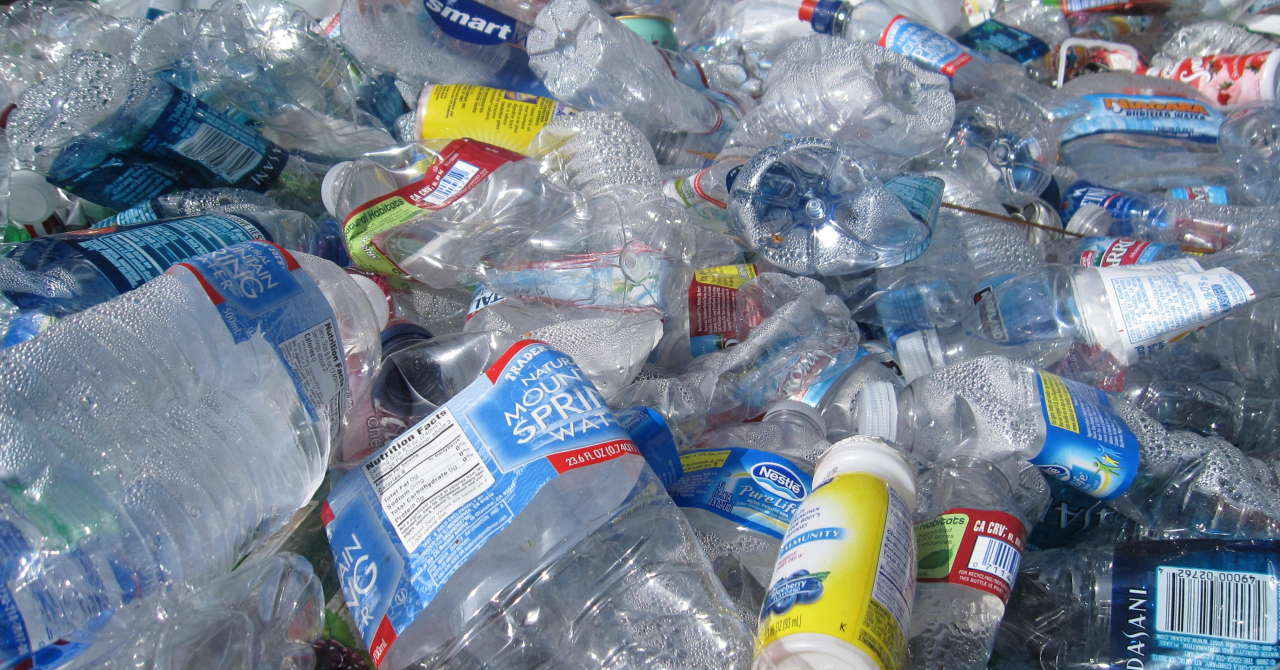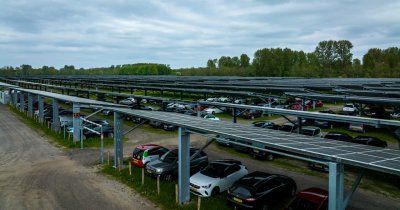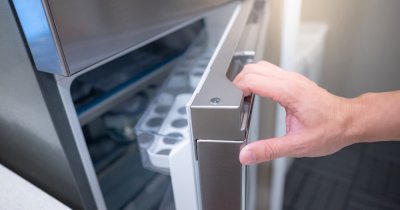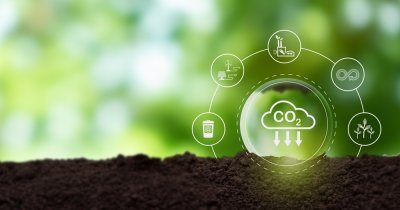According to euronews.green, Global Plastic Watch can detect plastic waste and even create an interactive map of plastic pollution that works nearly in real-time.
The tool is free and available to the wide public and it was developed by Australian non-profit Minderoo Foundation.
The collected data, believed to be a world-first, provides great insight as to how we could put a stop to one of the biggest issues around the world, plastic waste.
Dr. Andrew Forrest, chairman and co-founder of the Minderoo Foundation, said that until now, "it was difficult to effectively identify and measure plastic pollution in a standardized way."
"Generally, the world has no idea how dangerous plastic waste is to the organic environment, particularly humans", he added.
Dr. Forrest gave an insight of how plastics can affect our health, saying that all plastic pieces become, at some point, nano-plastics that can "mutilate cells" and even make their way into the human brain.
The plastic waste mapping system uses satellite images from the European Space Agency and artificial intelligence to determine the size of plastic waste sites.
“Most of our data about plastic waste comes from models and estimates. Now our understanding is informed by real data that can be used to guide solutions,” says Dr. Forrest.
By using the new Global Plastic Watch tool, researchers were able to identify thousands of waste sites in 25 countries, including all of South East Asia and Australia.
What's more worrying is the fact that one in five plastic waste sites were less than 250 meters away from waterways that would take them to nearby rivers and eventually, the ocean.
The high-resolution mapping of waste locations should help authorities figure ways of how to prevent waste from getting there and reach Earth's waters.
Indonesia is the world's fifth largest contributor to the ocean plastic waste problem, which is why the government there works with the Minderoo Foundation to map and manage this issue.
Dr. Nani Hendiarti, deputy for environment and forestry management coordination, at the Indonesian coordinating Ministry for Maritime Affairs and Investment, says that "global Plastic Watch is very helpful for identifying undocumented or illegal waste dump sites in Indonesia.
That has enabled us to prioritise areas in need of better waste management policies and actions."
Indonesia is committed to reducing the plastic that gets in its waters and the ocean surrounding the country by 70% in the next five years.
 Mihai - Cristian Ioniță
Mihai - Cristian Ioniță












Any thoughts?